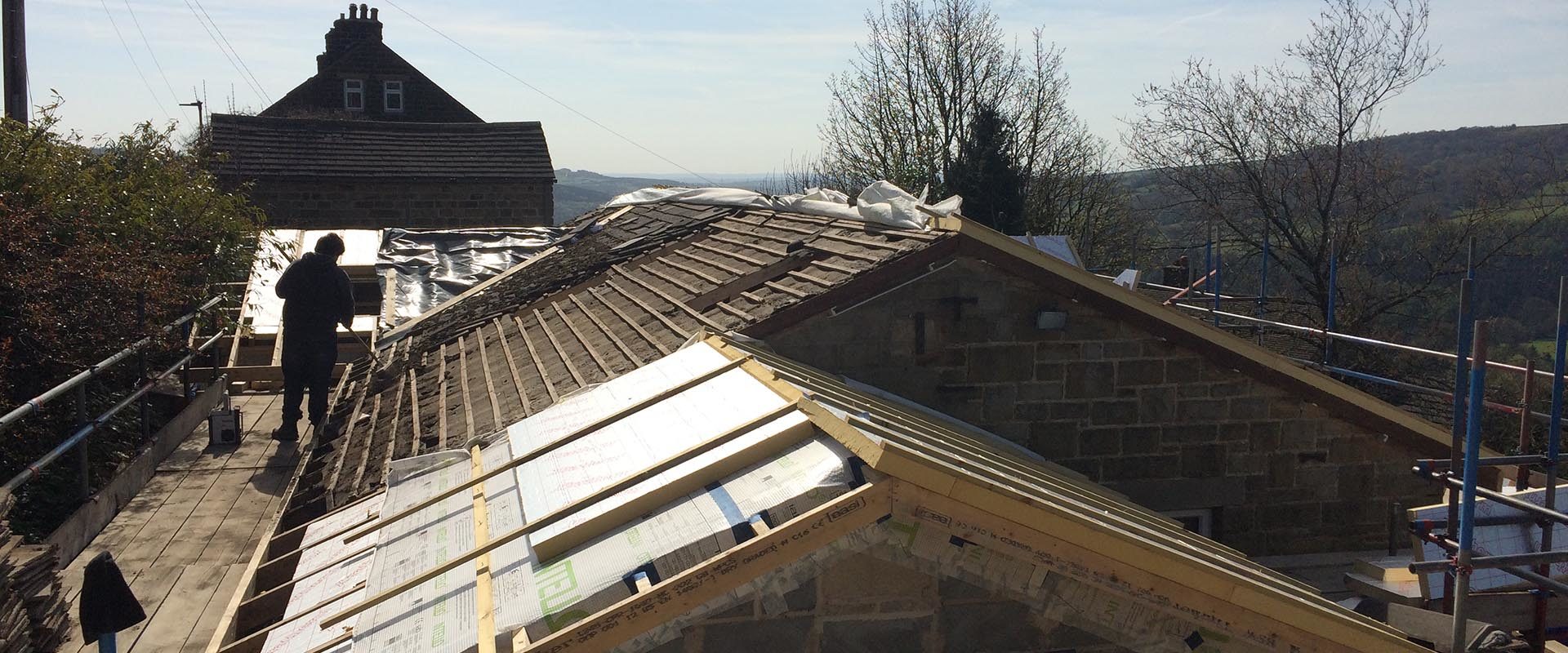We’ve collated some useful links to help avoid common pitfalls.
Planning a building project can be complex. There are thousands of decisions to be made between the start and end of your project. It’s easy to get caught up in the excitement of the design process and works starting on site. But it’s equally easy to forget the less glamorous decisions that must be made along the way.
To help, we’ve compiled this list of some important things you’ll need to consider during your project. This will help you make key decisions before it’s too late.
We can also undertake many of these tasks on your behalf to make the process even easier, please get in touch with us today to discuss how we can assist you with your project.
Before you start [RIBA Stages 0 – 1]:
The Plot: Whether you’re extending an existing property or starting afresh there are a number of considerations that can affect both budget and your ability to complete your project. We will discuss these with you during the initial stages of your project but it’s always a good idea to have an understanding of the key issues beforehand.
This article from Home Building and Renovating Magazine is a good starting point: How to avoid common plot problems
Project Costs: Your budget is a key consideration for us and it’s important to have considered this before we meet. It’s always disappointing to have your dream design on paper but not be able to build it because you haven’t fully considered your budget for the project.
Our project costs page and free cost calculator is a great place to start: How much would your dream build cost?
If you’re likely to need finance to complete your project then it’s also important to consider this before you start the design process. Homebuilding and Renovating Magazine have written a useful guide to this tricky subject: How to finance your renovation or extension
Your brief: Before you get in touch it’s beneficial to have decided upon your brief for the project. A brief is a written list of your requirements and is the starting point for our design. Having a clear brief will help you to make important decisions as the project progresses but it will also make sure that we’re fully aware of your requirements from the outset.
This list from House Planning Help is a useful starting point: Creating a brief to build your own home. However it’s also worth considering what your biggest frustrations are with your current property and also which parts bring you the most joy. This will help us to design a bespoke piece of architecture that’s tailored to you – far more than just a list of the spaces you want to create for you.
It’s also worth determining your ambitions regarding comfort, health and sustainability before we meet as this is something we’ll discuss during the initial stages of a project. We’ve written a blog post which should help you to consider this: Worried your home is cold, draughty and expensive to heat?
We’re also big fans of Pinterest for scrapbooking the projects and products we like. It’s always a useful starting point for a project to have a collection of inspirational examples and good indication to us of what your tastes are.
It’s also important to remember that your brief will continue to evolve as the project develops. It’s not set in stone. We’ll continue to test and question your brief to make sure we have developed a design that meets all your requirements; even those you might not have considered yet.
Before work starts on site [RIBA Stages 4-5]:
Insurance: You won’t automatically be covered by the contractor’s insurance during the construction phase of the project so it’s vital that you arrange your own before work starts. This article from HomeBuilding and Renovating Magazine gives you all the information you need: Choosing Insurance for a Self-Build, Renovation or Conversion project
Party Wall Awards: If your project involves work to a party wall, boundary wall or excavations close to the boundary then it’s likely you’ll need to a Party Wall Award with your neighbours – even if you’re on good terms with them. We’ll guide you through the process but if the award is particularly complex or you have difficult neighbours it may be worth appointing a specialist party wall surveyor.
The Self Build Guide has a good post on the subject: The Party Wall Act 1996
New Address: If you’re building a new property you’ll need a new address. It’s vital you have this in place before you order utility connections [see below] so it’s worth applying for this at an early stage of the project.
Applications are made to your local council. If you’re in Sheffield all the details can be found at the following link: Address Management. For other local authorities simply search address management on their website.
Utility Connections: A new property needs new connections to the water, sewerage, electricity, gas and telephone networks. These can take some time to organise so it’s worth doing your research and getting the connection applications in as early as possible.
This article from The Self Build guide provides a useful starting point: Utility and Service Connections
And then more detail on each of the specific connections:
Whilst getting on top of these critical items early early won’t guarantee a trouble free project but it will certainly help. Please get in touch with us today to discuss how we can assist you with your project.
